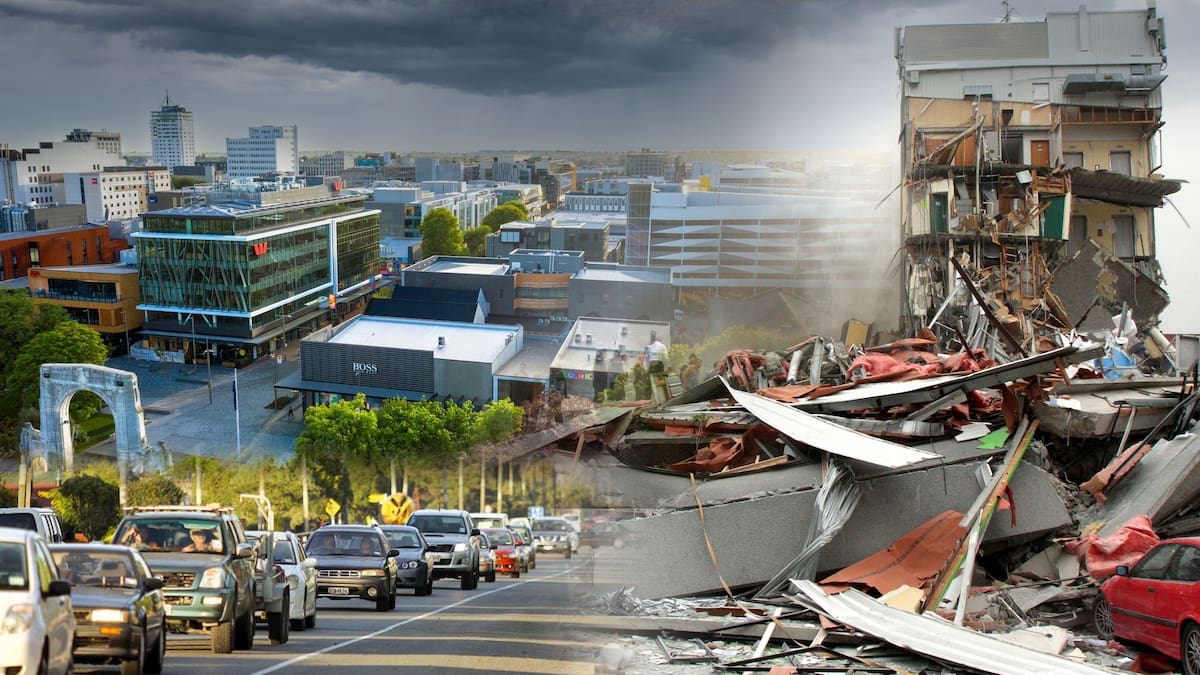Many commenters noted Christchurch still had its fair share of rush-hour traffic blockages. Riccarton Rd during peak traffic hours seemed to be the most common issue, followed closely by “Colombo St between 4-5pm”. Another person said there were still “lots of detours” owing to construction in the city.
Statistics point towards this being an issue. According to the 2025 TomTom Traffic report, the average travel time per 10km was 21 minutes and 51 seconds and the average congestion rate 32%. Auckland, by comparison, had an average travel time per 10km of 18 minutes and 59 seconds, with an average congestion rate of 31%.
But many commenters also pointed out that outside peak times, it was generally quicker to get from A to B considering the distance differences and proximity.
“Sure, we go bumper to bumper morning and evening but not to the degree of Auckland and Wellington,” one person said. “Christchurch does not lock up like those other centres”.
“Just moved from Auckland and feels so good to get home in less than an hour,” another said.
“They have never crawled from Albany to Spaghetti Junction in the rain after a couple of crashes,” said another.
‘Til the next earthquake…’
Cracks in a grass verge and cycle path following the powerful 2011 Christchurch quake. Photo / Tim Clayton
Many people believe much of what makes Christchurch special is its resilience and spirit. The Canterbury quake and its seismic history play a big role in what Christchurch has become today; however, some commenters said they were still uncertain about the risks.
“Maybe the risk of liquefaction taking your whole house?” one commenter replied in response to the question of who wouldn’t want to live in the city.
“Til the next earthquake, and there will be one,” another said.
Complaints of continued post-quake construction, which made for more roadblocks, as well as the higher insurance premiums associated with earthquakes, were also common.
According to Geonet’s Canterbury Earthquake forecast in February 2025, there was a 29% probability (classed as unlikely) of one or more earthquakes of magnitude 5-5.9 occurring in the region. The research also showed it was very unlikely (4%) that there will be a magnitude 6-6.9 earthquake, and extremely unlikely (less than 1%) that there will be an earthquake of magnitude 7 or higher.
During the 2011 Canterbury Earthquakes Royal Commission of Inquiry, experts said the risk of a repeat quake of that scale was slim.
“It’s something we really shouldn’t be living in fear of,” the director of the Natural Hazards Division of GNS Science, Dr Terry Webb, said at the time.
Head of the department of geological sciences at Canterbury University, Professor Jarg Pettinga, also said at the time the rupture of faults beneath the Christchurch area that caused the large quakes were uncommon.
“It takes quite some time for those stress levels to build up again [in the faults] to critical levels. It could be thousands of years before those faults responsible for the Christchurch quakes ruptured again”.
‘The weather is just abysmal’
Christchurch can get cold and rainy at times, but summers can be dry. Photo / John Stone
While touched on in the original piece, it seems people still have major issues with the climate of Christchurch, particularly focusing on the cold, rain and frost during the winter months.
One commenter claimed there was “so much sickness” because of the “awful inconsistent weather”, another added that “even at New Years, it felt like mid-winter”. Someone else said it was “either very cold or very hot” and another said summers felt shorter in Christchurch.
Niwa’s climate and weather map revealed that Christchurch’s average winter daytime maximum air temperatures ranged from 7C to 14C. Auckland’s winter temperatures generally ranged from 12C to 17C, and Wellington’s sit around 10C to 14C. And yes, the polar blast did bring temperatures into the negatives.
When it comes to rainfall, Niwa’s climate report states “mean annual rainfall is low, and long dry spells can occur, especially in summer”. The organisations 2024 Climate Summary also revealed last year some areas in the region recorded below average rainfall.
Other readers said they had experienced great summers in Christchurch.
‘Narrow mindedness, conservatism, and racism’
Some people in the comments said they found the city to be less welcoming than other main centres, claiming it had problems with racism and discrimination.
One said that “first four ships thinking remains”, referencing the first ships that brought European settlers to the region and the supposed attitudes of some locals who refuse to accept diversity.
A 2022 Quality of Life survey revealed 71% of respondents believed racism or discrimination toward particular groups of people was a problem in Christchurch. This total percentage was significantly higher than the average across the eight surveyed cities of 54%.
Other stats showed that 48% of Christchurch respondents reported feeling a sense of community with others in their neighbourhood.
On the flip side, the city came 27th in the UK-based Quality of Life Institute’s 2024 Happy City Index, earning its “gold” ranking after being assessed partly on its “inclusive policies” among other liveability measures.
Mitchell Hageman joined the Herald’s entertainment and lifestyle team in 2024. He previously worked as a multimedia journalist for Hawke’s Bay Today.

